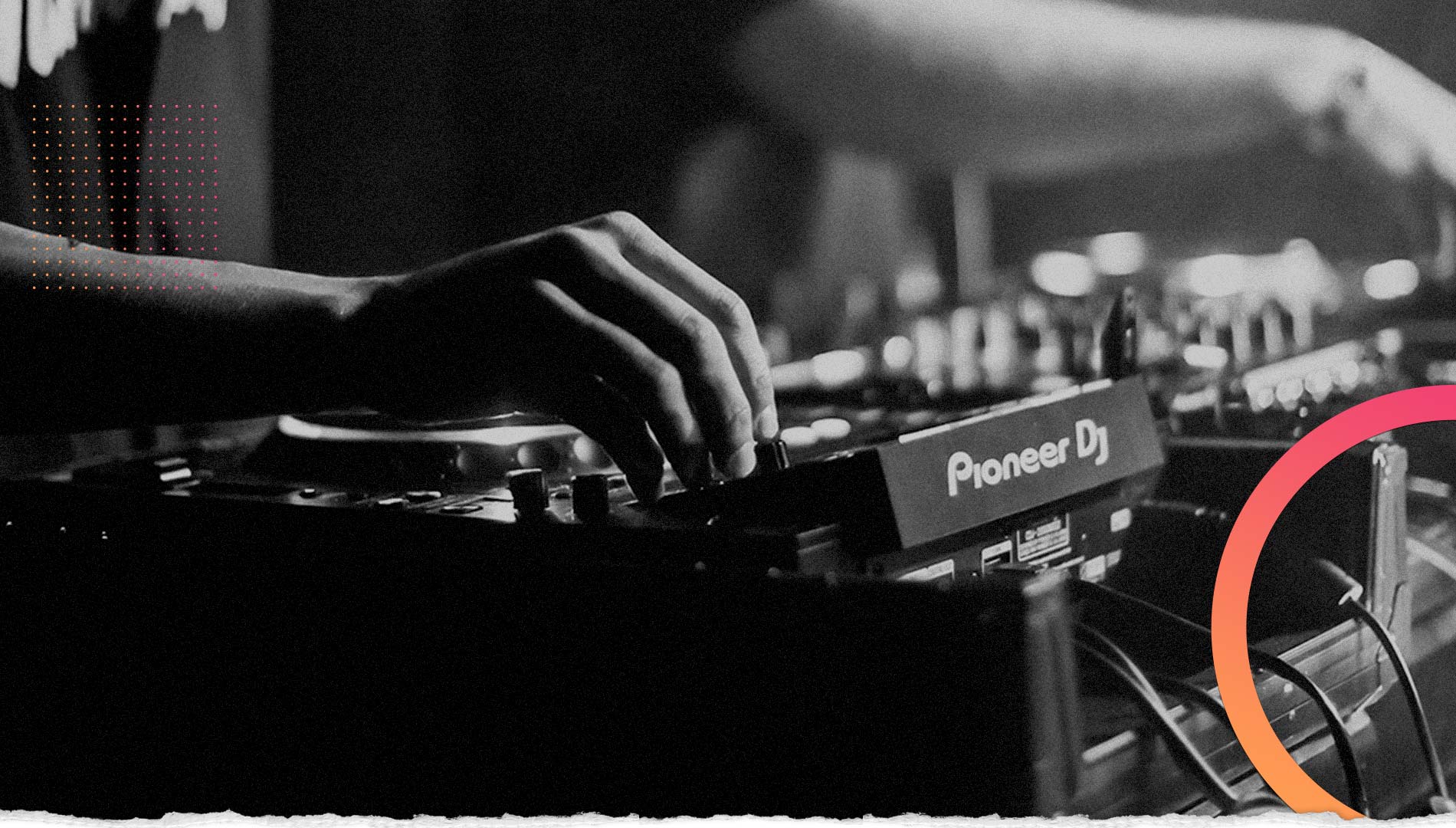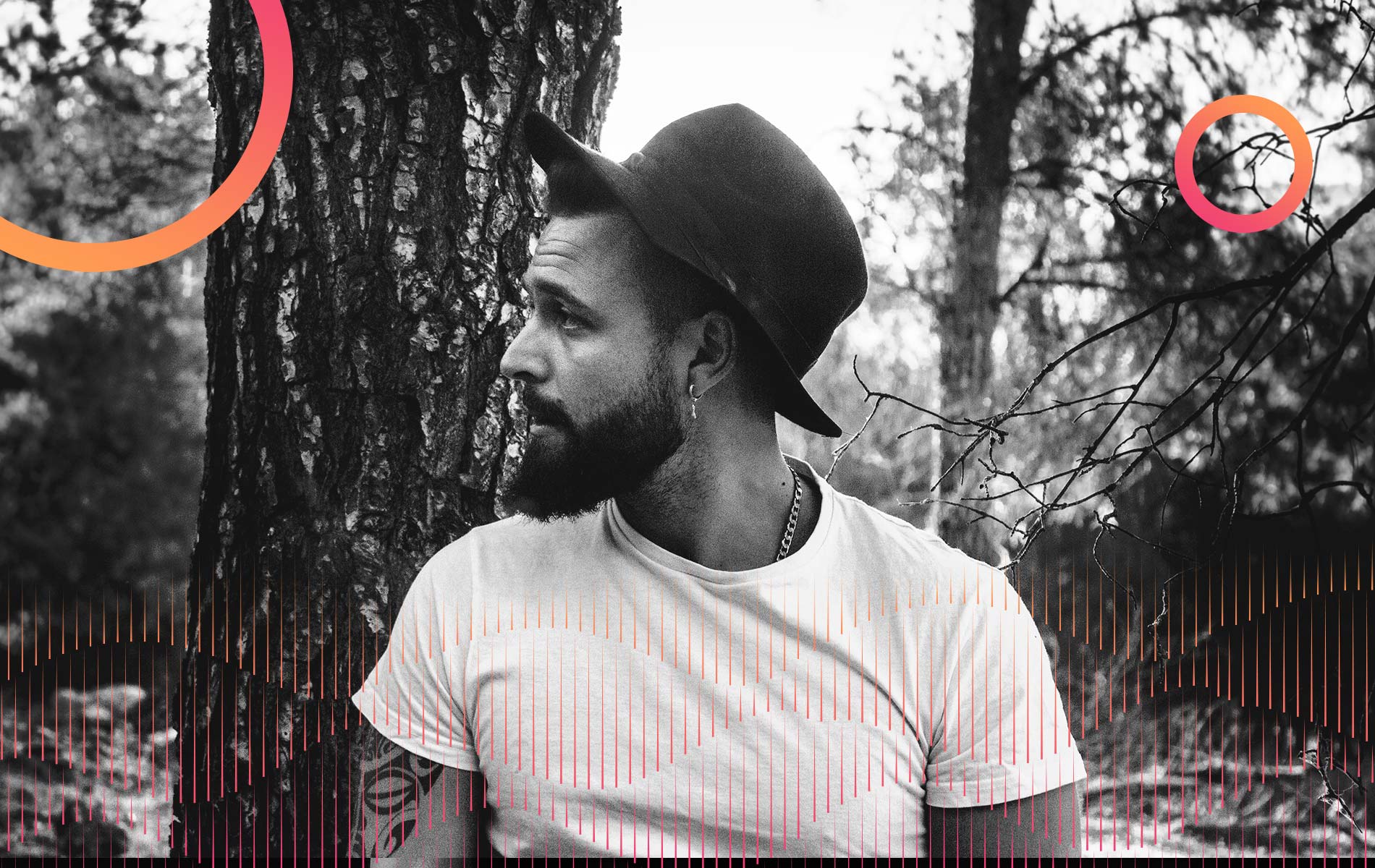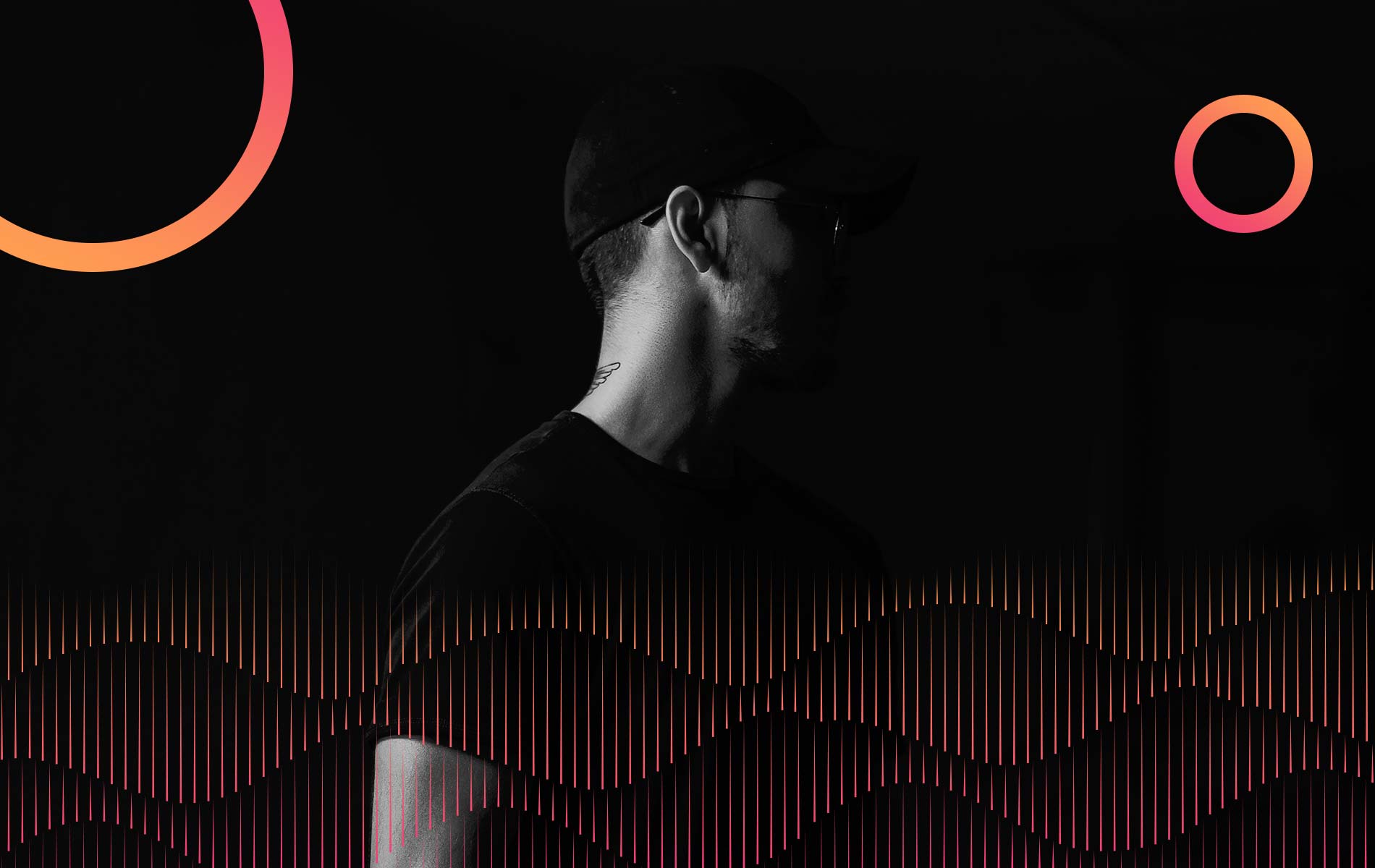Listeners:
Top listeners:
-
 play_arrow
play_arrow
Electromusic FM RADIO ONLINE 24/7
-
 play_arrow
play_arrow
London Calling Podcast Yana Bolder
Time:Spans festival, New York review — cutting-edge music gets 20th-century grounding

Receive free Music updates
We’ll send you a myFT Daily Digest email rounding up the latest Music news every morning.
The annual Time:Spans festival is one of the most extensive for contemporary music. Presented in New York by the Earle Brown Music Foundation, Time:Spans showcases the cutting edge of composition around the globe. In practice, this has meant both excitement at the freshest ideas and frustration that much of the music can seem written only by and for postgraduate composers.
Last year and this, however, Time:Spans has opened with what artistic director Thomas Fichter said is “the unusual”: 20th-century music — Schoenberg last year, Luigi Nono this. The first concert was all Nono: his tape piece Omaggio a Emilio Vedova (1961) and four works for acoustic instruments with live electronics.
Omaggio was crafted at the RAI electronic music studio and its evocative use of space and the simplest timbres, heard over speakers in the darkened hall, set the mood for pieces such as A Pierre. Dell’azzurro silenzio, inquietum, played by Ensemble Experimental, with conductor Brad Lubman. Different combinations of low winds, tuba, voices and strings murmured and burbled, while two musicians from the SWR Experimentalstudio manned a mixing board, processing and extending the sounds through surrounding speakers. The subtle transformations and echoes of the instruments, coming from behind and the sides, enclosed the audience in something like an audio snow globe, floating with luscious details.
The context this created was valuable — hearing 20th-century traditions gave expressive meaning to even the most hermetic new pieces. The central idea Nono’s music established was that silence and music are liminal, the latter gliding out of the former, then swallowed by it. In the following two concerts, Jack Quartet showed how gripping it could be to watch a bow drawn slowly across a string until a pitch glided into existence.

For their first, Jack played the second and third string quartets of Helmut Lachenmann. He is at the core of the quartet’s existence; as violist John Pickford Richards explained, the group first came together to read Lachenmann’s scores and, once they were established, have collaborated with him to realise and record his quartet music. With non-traditional techniques, such as bowing the pegbox, the Beethovenian roots of the music came through, a searching for expression when mere pitches are insufficient.
The next night, Jack played Seare Farhat’s atmospheric, nocturnal Ka Spoojmai Shwa Poh Hāla Ke and Clara Iannotta’s you crawl over seas of granite, which had the intriguing sound of crumbling stone. Jack then premiered Cenk Ergün’s Yekpare. This began with a long pause and was full of space and played in near darkness. Concentrated around quiet, long tones and a strong, repeated phrase at the centre — mixed with microtones — Jack’s tremendous skill and concentration, and the almost plainchant quality of Ergün’s composing, produced a rich experience, a feeling of being outside of time.
If the first three concerts were deeply impressionistic, the fourth was cinematic, even Technicolor. Ensemble Signal, conducted by Lubman, played chamber orchestra works from Anahita Abbasi, Augusta Read Thomas, Aida Shirazi and Agata Zubel, all sharing a narrative sensation even without any explicit story. Abbasi’s Faab IV / a femme fatale was smartly pictorial, and Thomas’ Dance Mobile had the vivacity of both Stravinsky and cartoon music. Shirazi’s The shadow of leaf in water outlined the art and poetry that were its inspiration.
Ning Yu was the pianist for Zabel’s Chamber Piano Concerto. She pivoted between a standard and prepared piano, but this was an anti-concerto, about how the instrument fit into the ensemble, preparing space for the orchestra to fill with music that chattered and swooped (the most prominent solo was an intense one for bass clarinet). This night, as with the rest, what came through was expression.
To August 26 at the DiMenna Center, timespans.org
Written by: Soft FM Radio Staff
20thcentury cuttingedge Festival grounding music Review TimeSpans York
Similar posts
Electro Music Newsletter
Don't miss a beat
Sign up for the latest electronic news and special deals
EMAIL ADDRESS*
By signing up, you understand and agree that your data will be collected and used subject to our Privacy Policy and Terms of Use.
Podcast episodes
 Invalid license, for more info click here
Invalid license, for more info click here
Copy rights Soft FM Radio.




